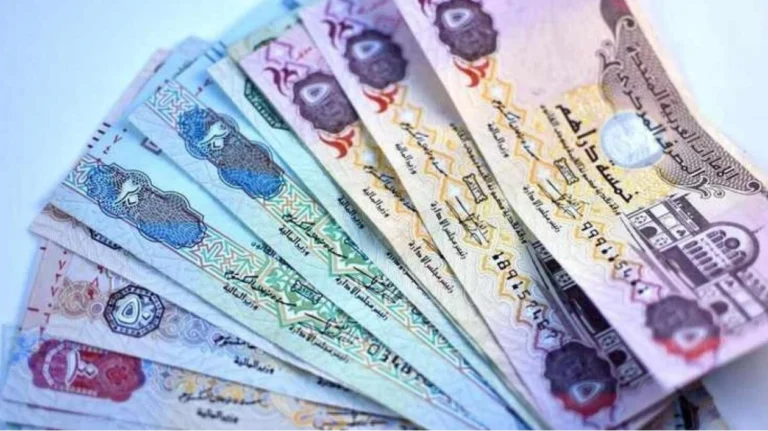S&P Global Ratings anticipates strong growth for the UAE’s Islamic finance sector, largely driven by the robust performance of the non-oil economy and the significant rise in sukuk issuance, which has surged to $6.1 billion in 2023. This trend highlights the UAE’s commitment to diversifying its economy beyond oil, positioning Islamic finance as a key player in its future growth. Notably, there’s a marked increase in sukuk issuance in foreign currencies within the real estate and financial sectors, aiming to attract foreign investments to the UAE.
In a conversation at the 14th Annual Islamic Finance Conference, S&P and the Dubai International Financial Centre (DIFC) held, S&P analysts stressed that sustainable finance is creating fresh avenues for investment, especially among oil-exporting nations focused on carbon neutrality goals. Dr. Mohamed Damak, S&P’s Global Head of Islamic Finance, pointed out that total global Islamic finance assets are projected to reach $3.3 trillion by the close of 2023, reflecting an 8% increase year-over-year. This growth is especially notable in the Islamic banking sector within the Gulf Cooperation Council (GCC).
Furthermore, Dr. Damak highlighted that lower interest rates through 2025 will likely support this growth, encouraging more sukuk issuance. S&P also sees substantial potential within the UAE’s insurance sector, projecting it to grow by 15-20% as both conventional and Islamic insurers benefit from economic expansion and ongoing infrastructure projects.
On the topic of sustainable finance, S&P Director Rawan Oueidat noted a rise in sustainable bond issuance, although challenges persist with higher interest rates dampening demand. The UAE and Saudi Arabia are becoming critical markets for such issuances, with sustainability sukuk demand reaching $6.1 billion in the first nine months of the year.


